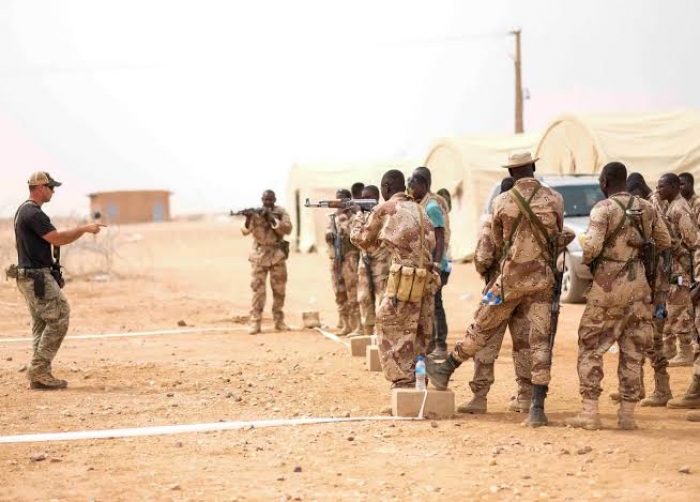The Pentagon has issued a formal directive this week for all 1,000 U.S. combat troops to withdraw from Niger, dealing a setback to the Biden administration's efforts in countering terrorism and Russian influence in West Africa.
Following Niger's military junta's decision to revoke its military cooperation agreement with the United States, discussions began in April regarding an "orderly and responsible withdrawal." Despite ongoing negotiations between U.S. officials and the junta, hopes for an agreement waned this week when the Defense Department instructed the troops to depart Niger over the coming months.
While the timeline remains subject to change, troops will relocate to other regional bases to maintain operational capabilities. Notably, embassy security personnel are excluded from the withdrawal.
The withdrawal marks a significant shift in U.S. counterterrorism efforts in the Sahel region, where Niger, particularly the U.S.-established drone base at Agadez, played a pivotal role until last summer's military coup. Additionally, the partnership with Niger served as a deterrent against Russian expansionism in the area.
However, concerns have risen with reports of Russian forces, including former members of the Wagner group, establishing a presence in Niger since the coup. While U.S. officials downplay immediate threats posed by the Russian troops, there are apprehensions about potential provocations that could escalate tensions with American soldiers.
In ongoing discussions with the junta, a U.S. delegation led by Deputy Secretary of State Molly Phee is engaging in discussions to navigate the withdrawal process. However, the State Department remains cautious not to speculate on the outcome of these discussions.

